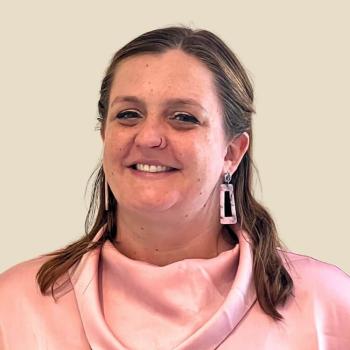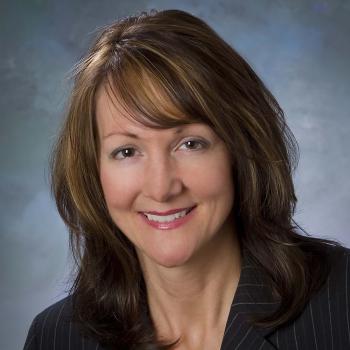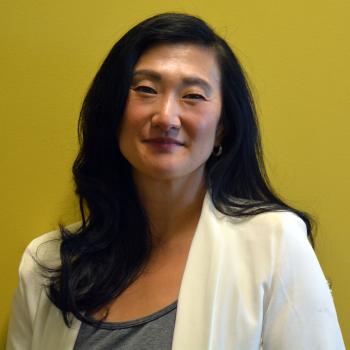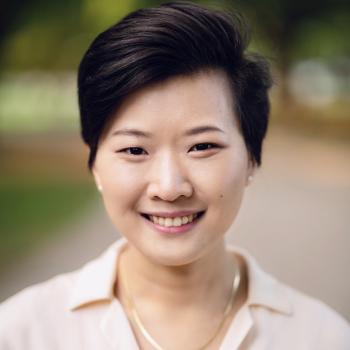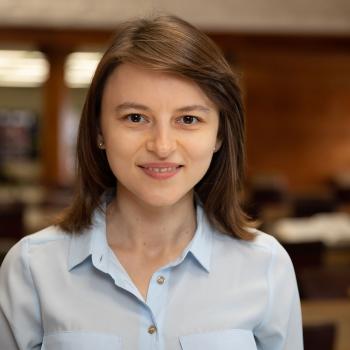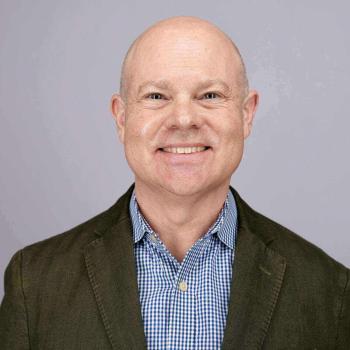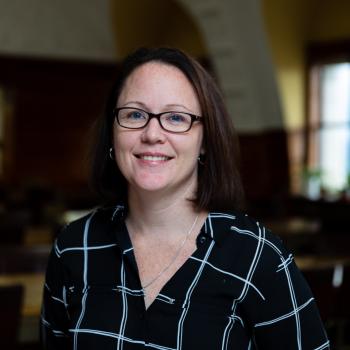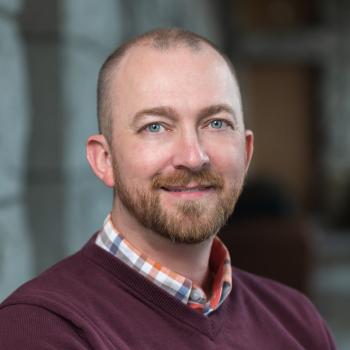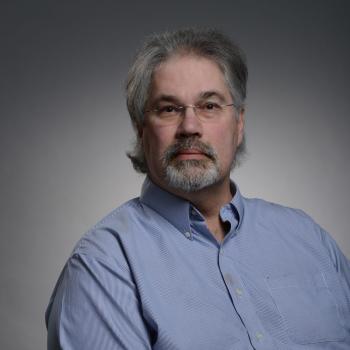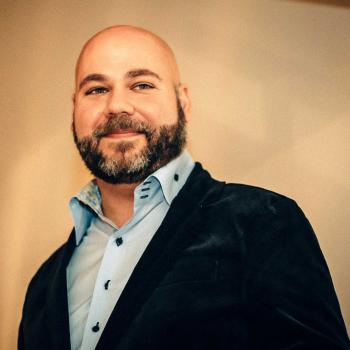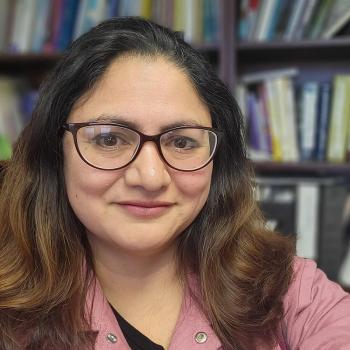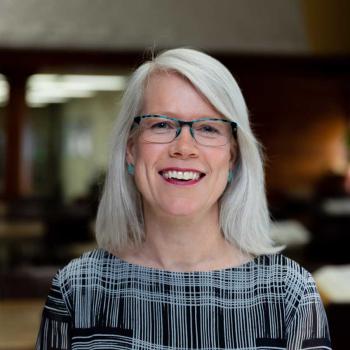Master’s in Clinical Psychology, Counseling Practice, MA
Pursue clinical practice at the master's level. In Illinois and many other states, completing this program qualifies you to apply for licensure as a professional counselor (LPC and, later, LCPC).
In this 60 credit-hour program, you’ll gain broad-based training in psychological assessment and intervention and the theory and research that support these practices.
This 3-year program consists of in-person classes on either the Schaumburg or Chicago campuses. Admissions are open for fall and spring start dates.
Why Roosevelt for your Master's
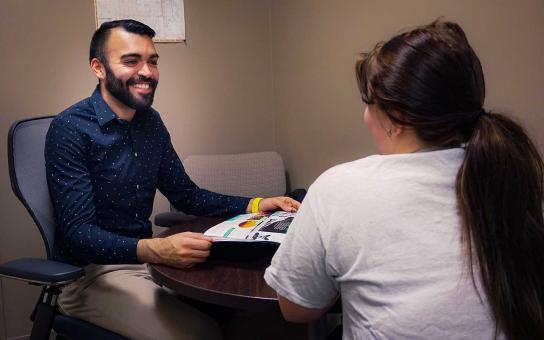
Fast track your career
In the master’s program, you’ll pair two years of course work with a year of supervised clinical experience (practicum). The program has no thesis requirement, but you’re encouraged to seek research assistantships with faculty.
This program will also prepare you to apply to PsyD and PhD programs in clinical or counseling psychology.

Qualify for licensure as an LPC
In Illinois (and most other states), this program qualifies graduates for licensure as professional counselors (LPC) and clinical professional counselors (LCPC). LPCs can work as guidance counselors, family therapists, substance abuse counselors and couples therapists, among other specialties.
Interested in working with children? Learn more about the master’s in school counseling.
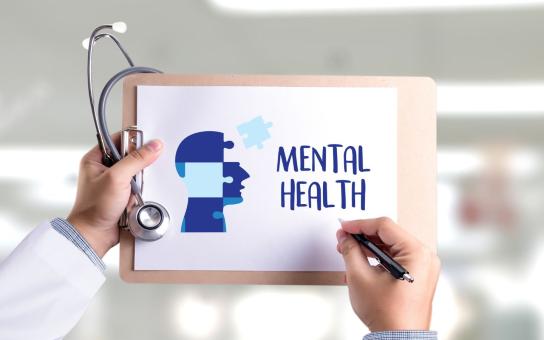
Practical training
Through course work and internships, you’ll have firsthand exposure to client advocacy and mental health. Choose from more than 200 partner sites that provide mental health services in the Chicago area.
“I chose this program to gain clinical skills and to be able to carry out therapeutic work with confidence. From the moment I started until the end, I have received support from my professors, peers and the program.
I enjoyed learning from my diverse cohort and professors, most of whom are practicing clinicians established in the community. The program emphasizes social justice and issues of diversity.
I am hopeful and optimistic that I, as a future clinician and a Muslim woman of color, will make a difference thanks to my professors and the program. ”
Ayesha Zubedi, MA ’22
Meet Your Admission Counselor
